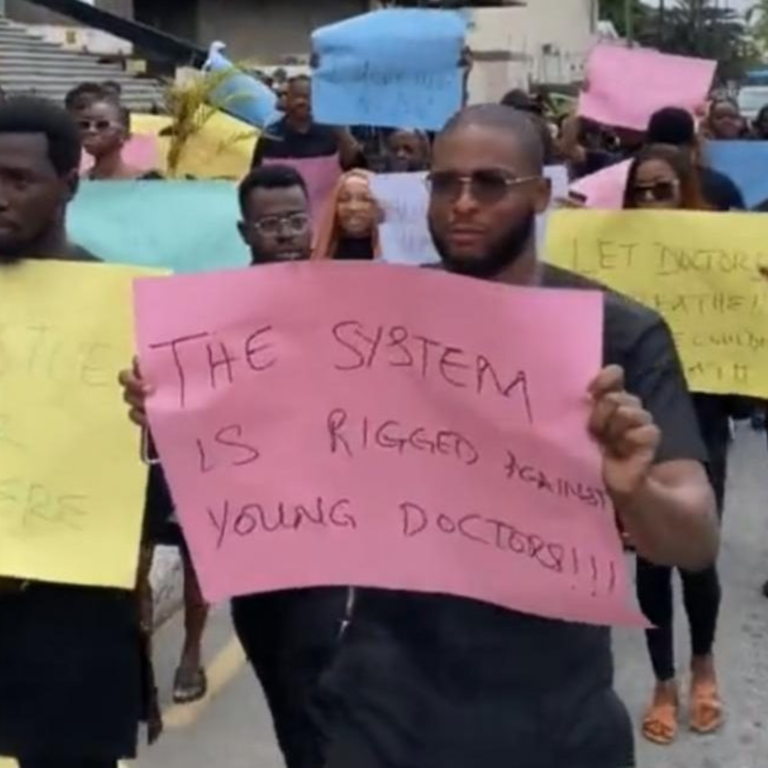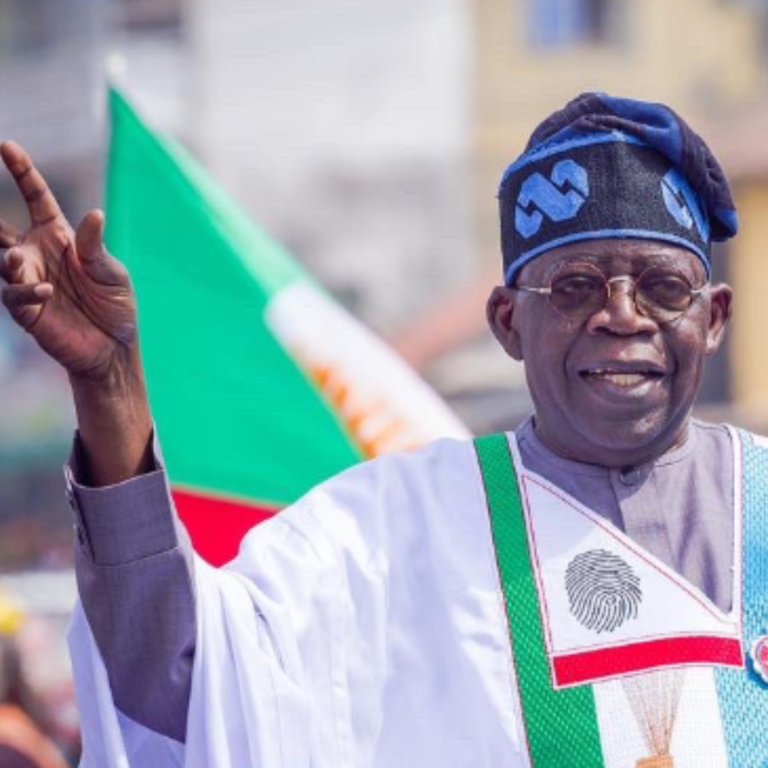There are over 100 federal government agencies and parastatals in Nigeria, and tracking their functions and responsibilities can be challenging. In this article, we’ll spotlight some of these agencies and tell you everything you need to know about them.
Nigeria Security and Civil Defence Corps (NSCDC)
The NSCDC is a paramilitary agency officially established by Act 3 of 2003. However, its earliest operations started in 1967 during the civil war under the name “Lagos Civil Defence Committee”. At that time, one of the significant duties of this paramilitary group was to sensitise civilians to enemy attacks and how to protect themselves, for instance, by identifying bombs and bomb raids and diving into trenches during bomb attacks.
The name “Nigerian Security and Civil Defence Corps” was adopted in 1970 and transformed into a national security agency in 1984.
These days, the NSCDC works with the police to protect Nigeria and Nigerians from threats and any form of attack. Some of their primary functions are:
- Maintenance of peace and order while also protecting the lives and properties of Nigerians
- Ensures and recommends the registration of every private guard company under the Ministry of Defence
- Supervises and monitors the activities and operations of private guard companies
- Oversees the surveillance of government facilities, projects and infrastructures at every level
Economic and Financial Crimes Commission (EFCC)
The EFCC is one of the more well-known federal agencies in Nigeria. It was established by a National Assembly Act on December 12, 2002, under the administration of former president Olusegun Obasanjo.
One of the reasons behind the establishment of the EFCC was in response to the Financial Action Task Force on Money Laundering (FATF), which listed Nigeria as one of the 23 countries that were non-cooperative with the efforts of the international community to fight money laundering.
Since the establishment of the EFCC, the agency, especially under the leadership of its pioneer chairman, Nuhu Ribadu, has tried to tackle the problem of corruption and fraud plaguing the country. For instance, we’ve seen the arrests and prosecutions of politicians and high-level fraudsters such as Ade Bendel, Maurice Ibekwe, and Fred Ajudua.
According to the EFCC, their vision is to create a Nigeria free from financial and economic crises. They plan to achieve this by adequately executing their functions, which involve:
- Investigating all financial crimes such as contract scams, money laundering, illegal fund transfers, counterfeiting, and advance fee fraud
- Collaborating with government bodies locally and internationally to eradicate economic crimes
- Enlightening the public against economic and financial crimes within and outside Nigeria
- Adoption of measures to identify, trace, freeze, confiscate or seize proceeds received from terrorist activities
Independent Corrupt Practices Commission and Other Related Offences Commission (ICPC)
The ICPC was inaugurated on September 29, 2000, following the recommendation of former president Olusegun Obasanjo.
It was established by the Corrupt Practices and Other Related Offences Act 2000 and has the major responsibility of:
- Receiving and investigating reports of corruption and other offences as stated in Act 2000
- Examining and enforcing the correction of corruption-prone systems and procedures
- Enlightening Nigerians against corruption and other related crimes.
While it may seem like there’s an overlap between the responsibilities of the EFCC and the ICPC, there’s a major difference between both agencies. The ICPC is limited to investigating and prosecuting corruption in the public sector, but the EFCC is empowered to fight corruption at all levels, i.e., both private and public.
Federal Competition and Consumer Protection Commission (FCCPC)
The FCCPC is a federal agency established in 2019, birthed by a merger between the Nigerian Consumer Protection Council (NCPC) and the Nigerian Competition and Consumer Protection Commission (NCCPC). This occurred following the Federal Competition and Consumer Protection Act, signed into Law by former president Muhammadu Buhari.
The FCCPC aims to protect consumer rights and promote fair market competition. Some of
the functions of this federal agency include:
- Investigating and enforcing consumer protection laws in Nigeria
- Educating, advising and enlightening consumers on their rights
- Encouraging fair market competition by investigating price fixing and market allocation
- Regulating and sanctioning misleading advertisements
State Security Service (SSS)
The State Security Service, also known as the Department of State Services (DSS), concerns itself with detecting and preventing crimes that threaten Nigeria’s internal security.
Its roots can be traced to the military regime in Nigeria, when General Olusegun Obasanjo enacted NSO Decree No. 16 (1976), which resulted in the establishment of the Nigerian Security Organisation (NSO). However, under the regime of General Ibrahim Babangida’s administration in 1985, he restructured the NSO through Decree No. 19 of 1986, also called the National Security Agencies (NSA) Decree, 1986. This led to the emergence of three separate security agencies:
- The State Security Service (SSS)
- The Defence Intelligence Service (DIS)
- The National Intelligence Agency (NIA)
And some of the major functions of the SSS involve:
- Prevention of any crime against Nigeria’s security
- Investigation and prevention of threats of terrorism, espionage, sabotage and separatist agitations
- Upholding and enforcing Nigeria’s criminal laws
- Protection of top government officials like the president, vice president, senate president, speaker of the house of representatives, governors, and other visiting dignitaries.




